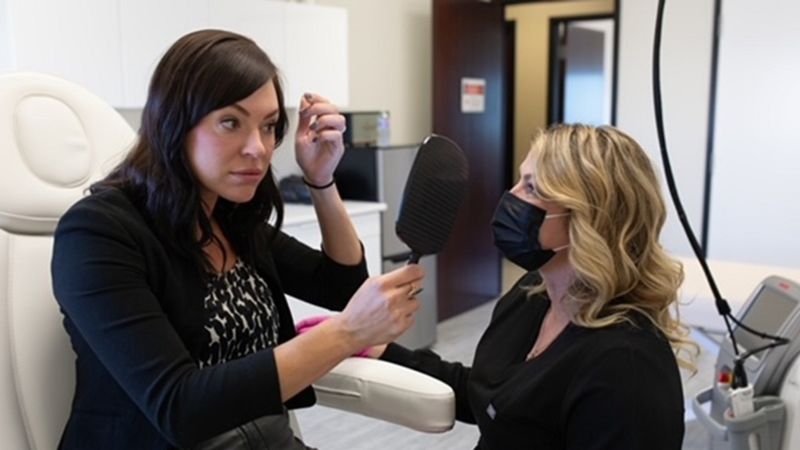To Change or Not to Change – That Isn’t the Question
“The only thing that is constant is change. “ – Heraclitus
Our power lies in being intentional with our choices, and controlling the direction of change in our lives. For some of us, a desired change might be improving our diet and exercising, while for others it could be breaking a drug or alcohol addiction. Regardless of the issue, discovering where we are at in the Stages of Change is helpful to being motivated to move forward one stage at a time.
The Stages of Change model created by Prochaska and DiClemente (1983) includes six stages, and works in a cycle:
Pre-contemplation – Are unaware there is a problem or have no intention of changing behavior.


